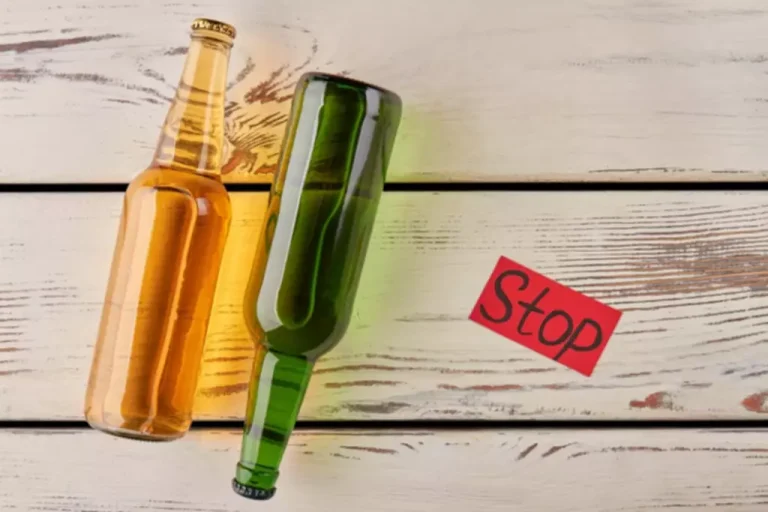Effects of Alcohol on Human Aggression PMC

We had hypothesized that clients in the alcohol-adapted anger management treatment would report differentially greater improvements on these anger-related variables relative to clients in the AA Facilitation treatment; this was not supported. The emphasis on addressing anger in AA notwithstanding, there is little https://ecosoberhouse.com/ empirical evaluation regarding anger management in alcohol and substance abuse treatment. Specifically, clients marked by higher anger did better at one- and three-year follow-up in the motivational enhancement condition than in cognitive-behavioral therapy (CBT) or the AAF condition (Karno & Longabaugh, 2004).
Supporting a Loved One: Medication & Recovery
Emotional states such as anger, frustration, and hostility are said to lead an individual to perform expressive murders. In this context, alcohol is said to be the credible factor leading to emotional loss and instability and eventually leading to expressive-based murders. A national study of 16,698 inmates found that alcohol had a stronger role in violent offending such as homicide, physical assaults, and sexual assaults compared to offenses such as burglary and robbery.
Guiding the person to a quiet environment
- Table 3 indicates the presence of higher mean score on trait anger for dependent group.
- When you drink alcohol and behave aggressively, you may be violent with your family members, leading to domestic violence.
- But this is often easier said than done, and mean drunks can turn violent when provoked — meaning that if you share a living space with one, your safety should be your main priority.
- The frontal lobe’s impairment under the influence of alcohol can result in diminished emotional regulation, making individuals more prone to experiencing heightened anger.
- First, the modest sample size did not allow for detection of meaningful but relatively small between-group differences and effect sizes.
They were more likely than those without the variation to have a history of outbursts and fights while drinking, as well as to have been arrested for driving under the influence. Some people may become more alcoholism and anger angry or aggressive when they drink, in part because of alcohol’s effects on brain chemistry. There is also a theory that the disinhibition that alcohol creates raises the risk of violent behavior.
Potential Effects of Alcohol-Related Aggression
For starters, like so many other substances of abuse, drinking alcohol can alter a person’s brain chemistry. Alcohol addiction affects the balance of neurotransmitters in the brain, including dopamine, serotonin, and gamma-aminobutyric acid (GABA). These changes in the brain’s chemistry can lead to mood swings and impulsivity, both of which can cause aggression and anger.

The group who remained abstinent from the intake to follow-up differs significantly from the dependent group in relation to state anger and anger control out. Alcohol has a closer association with aggressive behavior than any other mind-altering substance, according to the World Health Organization (WHO). Violent behavior may occur in as much as 50% of people with alcohol use disorder (AUD). Self-awareness is important for everyone’s mental health, but it is especially necessary for people with AUD and anger issues. Understanding your emotions and making smart decisions about alcohol consumption is the best way to avoid problems. This aggressive behavior may result in other issues, such as verbal abuse.
In other words, can we make our inner “Tammy” or “Jimmy” (or whatever name your boozy alter-ego might have) stay away for good? Confidant Health is an online platform that provides licensed professionals to help you resolve alcohol-related aggressiveness through MAT. It is tough to face someone struggling with alcohol-related anger, especially if they are your family member as a sibling, parent, spouse, or friend.
- One aspect of the research the author has conducted with the support of NIAAA, and which is the topic of this article, has focused on identifying the physiological and neural effects, as well as the subjective and cognitive effects, of binge and chronic alcohol use.
- In line with this, using a sample of 85 countries, Weiss et al. (2018) reported no association between alcohol consumption level and homicide rates; however, they found a positive association between hazardous drinking pattern and homicide rates.
- Additionally, repeated drinking may alter GABA receptors and even damage cells, causing reduced sensitivity to the body’s own relaxing neurotransmitter (8).
- A slightly different finding to the previous study was seen in an investigation conducted by Hoaken and Pihl (2000).
- Some of these consequences may only affect the person drinking, while others can affect numerous others.

Social factors of alcohol and rage
